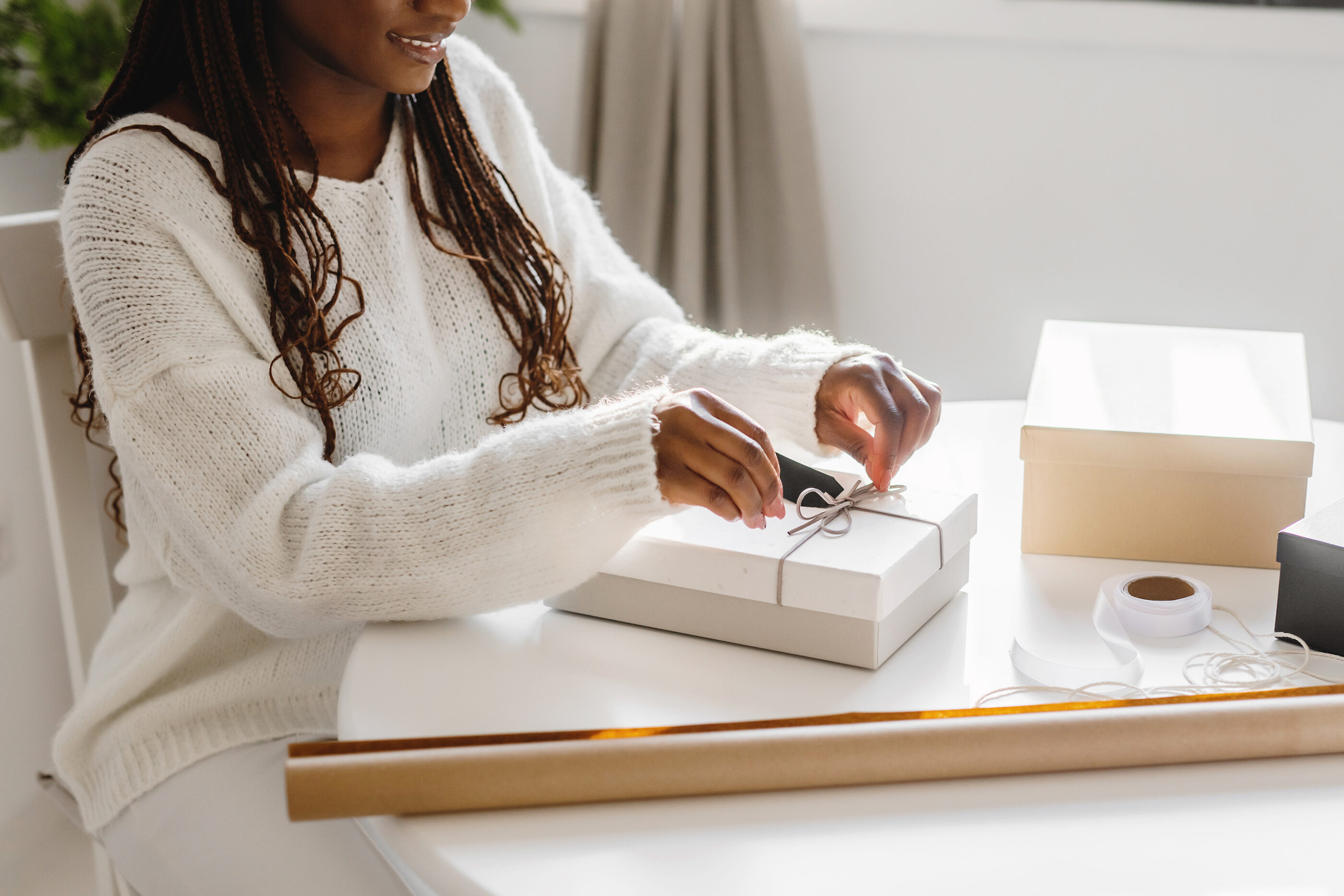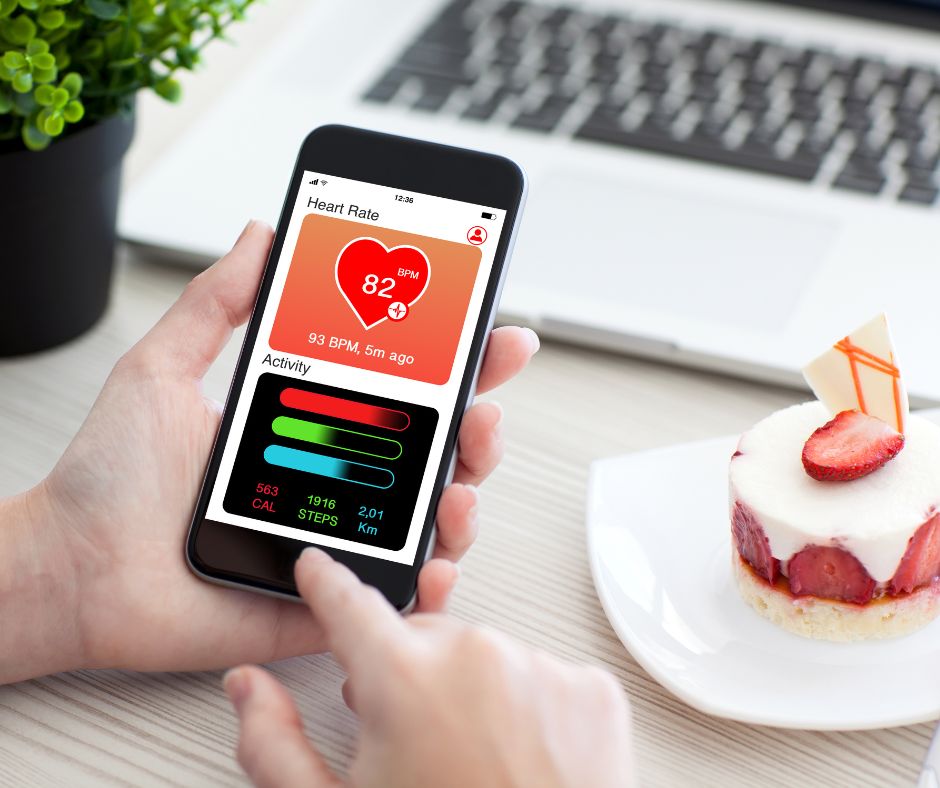Caregivers often experience high levels of stress, emotional burnout, and physical exhaustion. According to a 2024 report by SeniorLiving.org, 43% of family caregivers report sleeping difficulties, and 36% report feelings of depression.
Have you ever wondered how to show support for the caregivers in your life? Or perhaps you’re a caregiver yourself, looking for ways to practice self-care amidst your demanding responsibilities?
Subscription boxes can address these issues by providing tools for relaxation, stress relief, and self-care. These thoughtfully curated boxes can help prevent burnout, promote mental health, and provide much-needed resources for those who dedicate their lives to caring for others.
In this comprehensive guide, we’ll explore six of the best subscription boxes designed specifically for caregivers. Each option offers unique features to support different aspects of caregiving, from stress relief to practical assistance.
Contents
More Than Just a Package

Caregiver subscription boxes are curated packages designed specifically to address the unique needs and challenges faced by those who dedicate their time to caring for others. These boxes typically contain a mix of practical items, self-care products, and resources tailored to support caregivers in their daily lives.
These boxes offer more than just products; they provide a tangible form of support and recognition for caregivers. For example, TheraBox includes therapeutic items like aromatherapy oils, which have been associated with reduced anxiety levels in caregivers.
Many subscription services also offer online communities where subscribers can connect with other caregivers. This can help combat feelings of isolation, which are common among caregivers. According to the SeniorLiving.org report, 65% of caregivers haven’t participated in support groups, but those who have preferred online forums and Facebook groups.
Different types of subscription boxes

There’s a wide variety of caregiver subscription boxes available:
- Practical support boxes with caregiving supplies (TakeTimeCare Respite)
- Self-care boxes with relaxation and pampering items (TheraBox, Bath Bevy)
- Educational boxes with resources and information
- Mental health-focused boxes with stress-relief tools (Calm Box, HopeBox)
- Specialized boxes for specific caregiving situations (e.g., dementia care, such as Caregiver Candle Co.)
By delivering these items regularly, subscription boxes ensure caregivers have ongoing access to resources that can help them manage their stress and maintain their well-being.
Pricing and value comparisons of different boxes
Prices for caregiver subscription boxes can vary widely. Here’s a comparison of some popular options.
| Subscription Box | Price (Monthly) | Number of Items | Focus |
| TheraBox | $34.99 | 6 to 8 | Self-care and happiness |
| Bath Bevy | $43.21 | 5 to 7 | Bath and body products |
| TakeCareTime Respite Box | $45.00 (bi-monthly) | Varies | Caregiver respite |
The value of these boxes extends beyond their monetary worth. They provide convenience, emotional support, and a regular reminder for caregivers to prioritize their well-being.
Psychological benefits of caregiver subscription boxes
Subscription boxes offer more than just physical products; they can have significant psychological benefits for caregivers.
Receiving a subscription box can create a sense of anticipation and excitement, providing a bright spot in what can often be a challenging routine. This element of surprise can trigger the release of dopamine, (a neurotransmitter associated with pleasure and reward) potentially improving mood and reducing stress.
Unboxing a subscription package can become a ritual of self-care and a moment of personal indulgence. It’s a time when caregivers can focus on themselves, even if just for a few minutes.
The Best Subscription Boxes for Caregiver Wellness
Here are some of the best subscription boxes designed to support caregivers in their journey.
1. TheraBox
TheraBox is a self-care subscription box curated by therapists that promotes happiness and reduces stress through neuroscience and positive psychology research. It’s perfect for caregivers to prioritize their mental health and well-being.

- Monthly box filled with 6 to 8 full-size wellness products
- Includes one happiness-boosting activity
- Products focus on aromatherapy, natural/organic skincare, and mindful living
| Pros | Cons |
| Therapist-curated items | Higher price point |
| Full-size products | May not suit all personal preferences |
| Emphasis on mental health |
Use cases
- A caregiver dealing with high-stress levels can use aromatherapy products for relaxation.
- The included mindfulness activities can help a caregiver develop a regular self-care routine.
To learn more, go to:
2. HopeBox
HopeBox Classic is a seasonal subscription box curated to provide comfort and encouragement to caregivers and those facing challenging times. Each box contains a thoughtfully selected assortment of high-quality items designed to promote self-care and emotional well-being, reduce anxiety and inspire hope.

- 10+ quality treasures in every seasonal shipment
- Includes books, aromatherapy, jewelry, candles, organic soaks, scrubs, and masks
- Personal message of hope in every box
- New seasonal boxes released 5 times a year
| Pros | Cons |
| Diverse range of self-care products | Higher price point |
| Seasonal themes for timely support | Limited customization options |
| Full-sized products | Quarterly shipments may not be frequent enough for some |
Use cases
- A family caregiver can use the items for regular self-care rituals to prevent burnout.
- Inspirational items can provide emotional support for someone going through a difficult time.
To learn more, go to:
3. Calm Box
The Calm Box is designed to promote relaxation and stress relief, making it an excellent choice for caregivers dealing with high levels of anxiety or burnout.

- Bi-monthly subscription box focused on relaxation and mindfulness
- Includes items like aromatherapy products, teas, and mindfulness tools
- Curated by mental health professionals
| Pros | Cons |
| Focuses on stress relief | Bi-monthly delivery may not be frequent enough for some |
| Professional curation | May overlap with other self-care boxes |
| Variety of relaxation techniques |
Use cases
- A caregiver experiencing burnout can use the box contents to create a calming bedtime routine.
- The mindfulness tools can help a caregiver practice stress management throughout their day.
To learn more, go to:
4. TakeCareTime Respite Box
The TakeCareTime Respite Box offers a monthly dose of self-care and relaxation, designed to give caregivers a much-needed break from their responsibilities.

- Monthly subscription box focused on caregiver relaxation
- Includes spa-like products, stress-relief items, and self-care activities
- Option to add personalized notes or affirmations
| Pros | Cons |
| Encourages regular self-care | May be seen as a luxury by some caregivers |
| High-quality relaxation products | Doesn’t address practical caregiving needs |
| Personalization options available |
Use cases
- A caregiver can use the box contents to create a weekly “me-time” ritual.
- The stress-relief items can be used during short breaks throughout the day.
To learn more, go to:
5. Caregiver Candle Co.
Caregiver Candle Co. offers a unique subscription that combines aromatherapy with caregiver-specific affirmations and support.

- Monthly delivery of hand-poured, natural soy candles
- Each candle features a caregiver-focused affirmation or quote
- Scents designed to promote relaxation and stress relief
| Pros | Cons |
| Combines aromatherapy with emotional support | Limited to candles only |
| Natural, high-quality ingredients | May not appeal to those who don’t use candles |
| Caregiver-specific messaging |
Use cases
- A caregiver can light the candle during their evening wind-down routine.
- The affirmations can serve as daily reminders of the importance of self-care.
To learn more, go to:
6. Bath Bevy
Perfect for caregivers who find solace in a relaxing bath, this subscription sends 5-7 bath and body products monthly.

Bath Bevy’s Tubless subscription is a monthly box designed for those who prefer shower-based self-care. It delivers a curated selection of handmade bath and body products that don’t require a bathtub, making it perfect for caregivers with limited time or access to a bath.
- 5 to 7 handcrafted bath and body items per month
- Products include shower steamers, body scrubs, lotions, and more
- Themed boxes with seasonal variations
- Made in the USA by small-batch indie brands
| Pros | Cons |
| Suitable for those without bathtubs | May have less variety than bath-focused boxes |
| High-quality, artisanal products | Monthly subscription might be too frequent for some |
| Supports small businesses |
Use cases
- A busy healthcare worker can use the shower steamers for quick aromatherapy sessions between shifts.
- A caregiver can incorporate the body care products into a nightly self-care routine to unwind after a long day.
To learn more, go to:
Selecting the Perfect Subscription Box for Your Caregiving Journey

Choosing the right subscription box can make a significant difference in your caregiving experience.
When choosing a subscription box, consider the specific needs and preferences of the caregiver. Some may benefit more from practical supplies, while others might need a regular reminder to prioritize self-care. Many of these subscriptions offer customization options or the ability to change or cancel the subscription, allowing for flexibility as needs change over time.
Here’s how to find the perfect fit for your needs.
Assessing personal needs and preferences
Start by asking yourself:
- What aspects of caregiving do I find most challenging?
- What types of self-care activities do I enjoy?
- Do I need more practical supplies or emotional support?
Your answers will guide you towards the most suitable subscription box.
Factors to consider when choosing a subscription box

- Content: Look for boxes that align with your specific caregiving situation and personal interests.
- Frequency: Consider whether you prefer monthly, bi-monthly, or quarterly deliveries.
- Customization options: Some services allow you to tailor the box contents to your needs.
- Additional resources: Check if the subscription includes access to online communities or educational materials.
Budget-friendly options
If cost is a concern, consider these strategies:
- Look for boxes that offer discounts for longer subscription commitments.
- Explore less frequent delivery options (bi-monthly or quarterly).
- Consider sharing a subscription with another caregiver to split costs.
Customization and flexibility
Many subscription services understand that caregiving needs can change over time. This flexibility allows you to adjust your subscription as your caregiving journey evolves.
Reading reviews and recommendations from other caregivers
Before committing to a subscription, take time to read reviews from other caregivers. Their experiences can provide valuable insights into the quality and usefulness of different boxes. Look for reviews on the company’s website, social media platforms, and independent review sites.
Beyond the Box: Additional Resources for Caregivers

While subscription boxes can provide valuable support, they’re just one piece of the puzzle. Here are some other resources caregivers should consider:
- Online and in-person caregiver support communities
- Free and paid caregiver support services
- Mental health resources
- Financial assistance programs
- Professional development and training opportunities
Maximize the emotional benefits of subscription boxes
To get the most out of your subscription box:
- Set aside dedicated time to unbox and explore the contents.
- Use the items mindfully, focusing on the sensory experience.
- Share your experience with other caregivers or loved ones.
- Incorporate the box’s items or activities into a regular self-care routine.
Conclusion
Caregivers are the unsung heroes of our communities, providing compassionate support often without recognition. Subscription boxes offer a small but meaningful way to acknowledge their incredible work. By investing in these carefully curated packages, caregivers can find moments of relief, joy, and personal connection, and we acknowledge their hard work, dedication, and the critical role they play in healthcare and family support systems.
Ultimately, these subscription boxes serve as more than just a collection of products. They’re a lifeline of support, a regular reminder that someone cares, and a practical way to address the often-overlooked needs of caregivers. Whether you’re a caregiver yourself or looking to support one in your life, consider how these subscription boxes might provide the ongoing care and appreciation that caregivers so richly deserve.
References
Fabian-Weber, N. (2024). 16 support groups for caregivers that offer connection, help and hope. Care. Retrieved from https://www.care.com/c/caregiver-support-groups/
National Alliance for Caregiving. (2023). Resources. Retrieved from https://www.caregiving.org/resources/
Shuman, T. (2024). Family Caregiver Annual Report and Statistics 2024. Senior Living.org. Retrieved from https://www.seniorliving.org/research/family-caregiver-report-statistics/





































